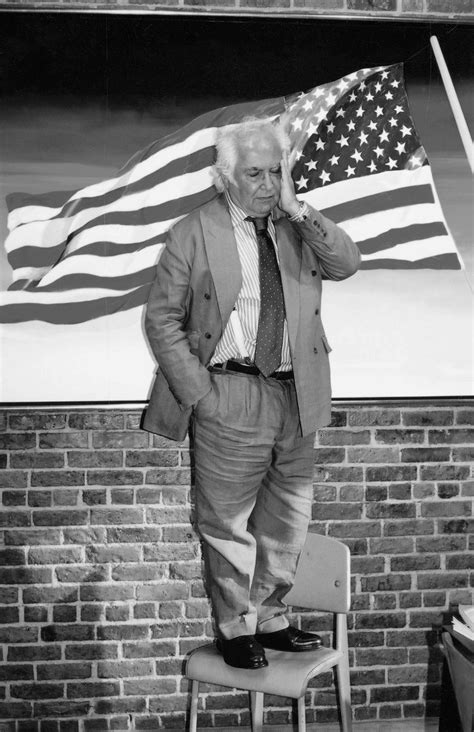A Quote by Ben Dreyfuss
American films are the best films. This is a fact. Cinema is - along with Jazz - the great American art form. And cinema in a very real sense created the American identity that has been exported around the world.
Related Quotes
Even in Haiti, I saw John Wayne movies. American cinema has always been the dominant cinema throughout the world, and people tend to forget that. People aren't just seeing these films in California or Florida. They're seeing them in Haiti, in Congo, in France, in Italy and in Asia. That is the power of Hollywood.
I think Hollywood has gone in a disastrous path. It's terrible. The years of cinema that were great were the '30s, '40s, not so much the '50s...but then the foreign films took over and it was a great age of cinema as American directors were influenced by them and that fueled the '50s and '60s and '70s.
The scene of independent cinema is already a large scene in America, and not in a negative way, but it's cluttered. It's very populated with just American films, so the room left for foreign movies is not extremely vast. The American public also does not really read. They don't read subtitles. But we're like that in Canada, too.
The breakdown of the modern movement led to what later became known as postmodern-whatever the hell that means-referring to the mixture of people and backgrounds that became a common thing among artists in America. Many of the great artists in America, for example, came from Jewish families and backgrounds that fled all the way from Russia. It's remarkable, the great masters of American art and cinema who were coming from old roots in little villages there. And then Hollywood, and the haunting, hypnotic impact that American Cinema had throughout the world . . .
Among today's directors I'm of course impressed by Steven Spielberg and Scorsese, and Coppola, even if he seems to have ceased making films, and Steven Soderbergh - they all have something to say, they're passionate, they have an idealistic attitude to the filmmaking process. Soderbergh's Traffic is amazing. Another great couple of examples of the strength of American cinema is American Beauty and Magnolia.































